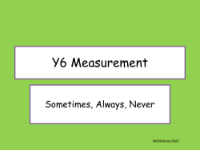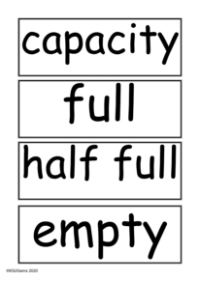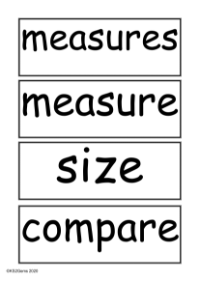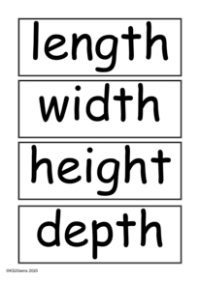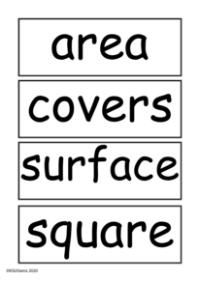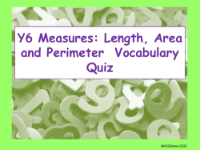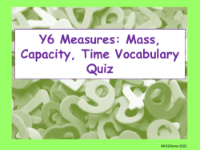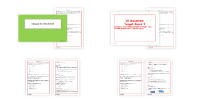Vocabulary - Measures: Mass
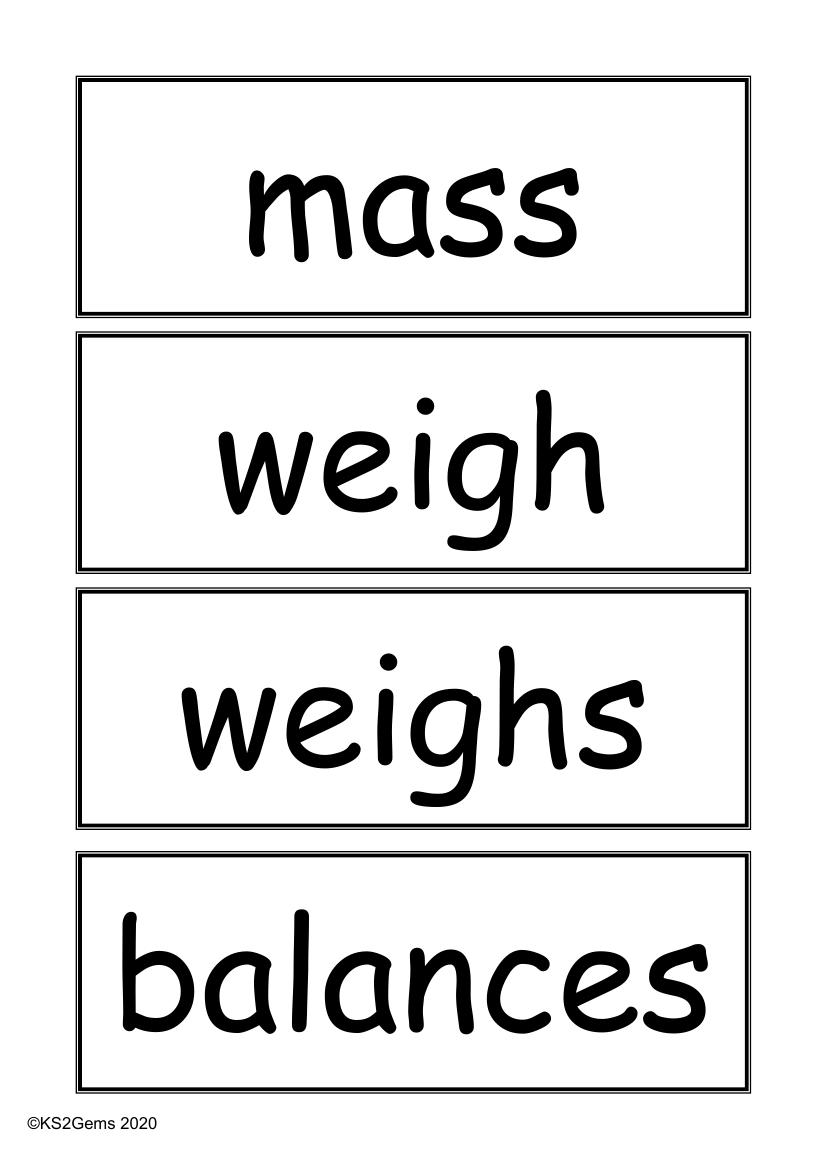
Maths Resource Description
The vocabulary associated with mass is fundamental in understanding and communicating about weight and measurement, especially within the Key Stage 2 curriculum. The term 'mass' refers to the amount of matter in an object and is often measured using units such as kilograms (kg) and grams (g). To 'weigh' something means to measure its mass, typically using devices like scales or balances. A single item 'weighs' a certain amount, and multiple items may be compared using terms like 'heavier' or 'lighter', depending on their mass. Objects can be described as 'heavy' if they have a large mass or 'light' if they have a small mass.
In addition to these basic terms, the vocabulary extends to comparative and superlative forms such as 'heavier', 'lighter', 'heaviest', and 'lightest', allowing for more precise description and comparison of mass. Measurements can range from small units like grams, often abbreviated as 'g', to larger units like kilograms and even tonnes for very heavy items. In some regions, mass is also measured in pounds (lb), ounces (oz), and stones, which are traditional units still used in certain countries. The tool 'balance' is important for accurately determining mass, as it compares the mass of an object against known weights. Understanding these terms is crucial for students to grasp the concept of mass and its practical applications in everyday life.
